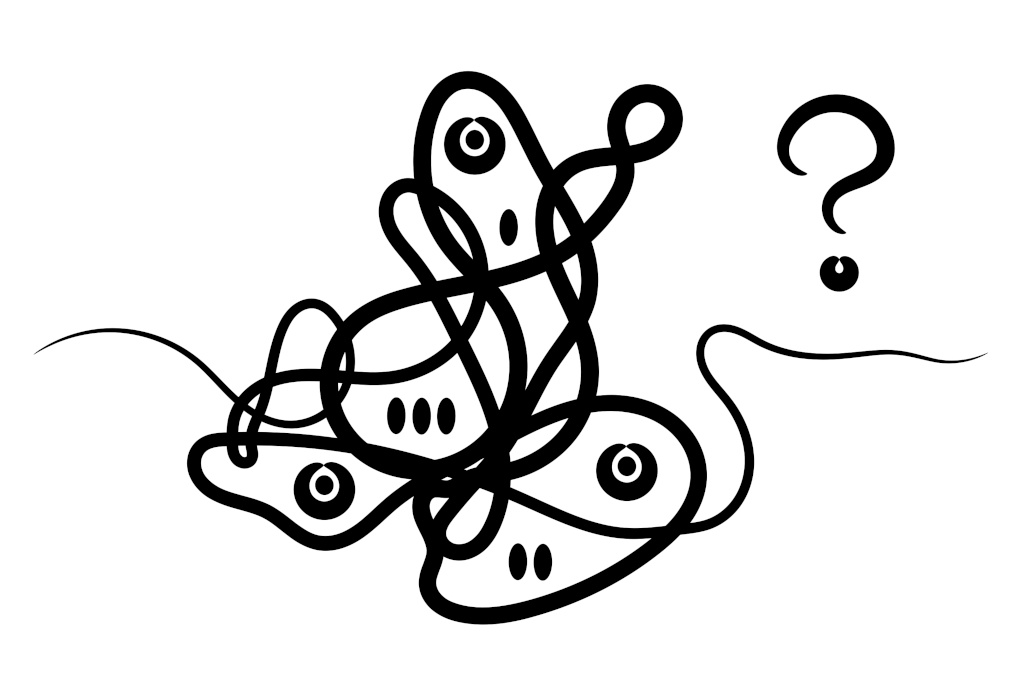Compromised

In my theory, I mentioned memory hallucinations. They're often perceived as a part of schizophrenia, and I argued that it's an independent problem. But that's just a drop in the ocean.
At the current stage of the project, I reconnect data sets from various books and papers, and I see that the word "hallucination" is being used for many different things. It leads to serious problems in classifications of disorders, not only behavior-related ones.
Let's take a look at our system from above. There are four parts with different functional roles: sensors, data channels, memory, and processors. Depending on your design, you may have many of them connected to each other or working in parallel.
If we have a malfunction in the sensor, wrong data is entering our system. This is the first type of problem.
If the data channels are compromised, we expect to see anomalies in the data flows inside the system. We can measure delays in receiving data, phase shifts, lost signals, amplitude changes, or something like that.
Also, we can imagine man-in-the-middle attacks, where multiple channels are being physically reconnected in an unusual manner, and some data leaks into the wrong channel.
If the processes in our memory lose synchronization, we experience true hallucinations that look like dreams, effects like deja vu, and dissociative disorders.
All these issues with data in memory can happen in a healthy system if you force it to skip its maintenance cycle. They're not necessarily caused by damage to the mechanism itself. If you destroy it, you'll lose data, obviously, but most phenomena here require hardware that actually works.
If the processor misinterprets data, we get wrong results in our calculations. It can be a poorly protected algorithm, consistently failing to process some particular piece of data, or physical damage that leads to random mistakes.
For centuries, scholars mixed all sorts of problems with data under the same word. Hallucination. Usually they're organized by data type and the corresponding sensors.
It's an expected issue. At first, we pay attention to the observable effects. With time, we collect more data on the causes and replace our naive classifications with more precise ones. It's a part of the process. But our data can become very dirty during the transition period. We experience this right now in psychiatry. Some data just smells bad. Be careful.